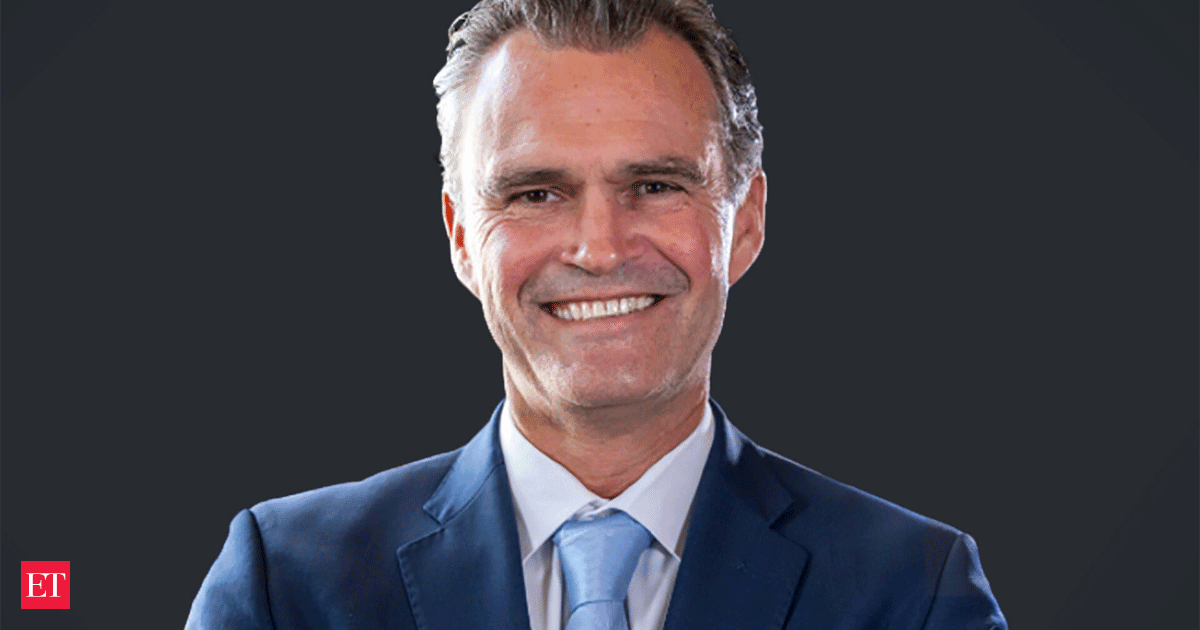Mumbai: As New Delhi pushes to build local “Big Four”-style multi-disciplinary services firms, India’s vast talent pool, accounting’s enduring popularity as a career compared with other global markets, and the rapid expansion of global capability centers are positioning the country as one of the world’s most dynamic accounting talent hubs, said Tony Sacre, president & CEO, Allinial Global.
“One of the big challenges for the industry globally is the shortage of staff,” said Sacre, who heads the world’s second-largest independent accounting association. “You have partners retiring, and it’s getting harder to attract younger professionals into the field. But India is arguably one of the solutions to that-if not the solution itself.”
Unlike the Big Four networks-Deloitte, PwC, KPMG and EY-which share methodologies, branding and systems while also grappling with issues like vicarious liability, associations such as Allinial bring together independent accounting firms that collaborate globally, share knowledge and resources, yet retain full independence.
On the advantage over network firms, Sacre said the ability to “support clients wherever they do business without conflicts” is a key strength of being locally independent yet globally connected, allowing the network to manage projects across geographies.
Allinial Global, which generated $6.76 billion in revenue in FY25 and has a presence in 112 countries, currently has 12 member firms in India, including KNAV, JP Chawla & Co, AVA Insights, BM Chathrath & Co and Neeraj Bhagat & Co.
 Live Events
Live Events
With mergers few and some even failing, collaboration among independent accounting firms could be one of the paths forward for India’s fragmented professional services sector. “The association model allows broad market coverage without requiring firms to merge under a single corporate structure. Our member firms remain independent yet deeply connected, operating almost like a family,” Sacre said.A key challenge associations like Allinial face in markets such as India is that the quality of member firms can vary, unlike network firms that operate under common methodologies, shared standards, and central quality controls. Sacre said they have stringent admission and review processes in place and also assess factors such as firm size and minimum fee thresholds.Big 8 Halves
Over the decades, the Big Eight professional services firms have shrunk to the Big Four as consolidation widened their lead over others. Experts like Sacre believe tighter regulation, conflicts of interest within large networks, the tech consulting boom, rising private equity participation, and the growth of associations like Allinial could together pave the way for stronger challenger networks.
“One of the key challenges the Big Four are facing today comes from regulators. The regulatory environment in several jurisdictions is putting pressure on them to consider structural changes, and in some cases, clients are being encouraged to look for alternative providers. In a nuanced market like India, there’s a real possibility of an Indian version of the Big Four emerging,” he said.
On the impact of artificial intelligence, Sacre said he sees it as “a really positive development,” adding that while professional services remain “a people business built on judgment and relationships,” AI is making “compliance work cheaper, quicker, simpler, and probably more accurate.”
As technology reshapes the profession, Sacre said that while the rise of coders and tech experts within major firms will undoubtedly change how work is done, it will not replace the core of the profession. “Technology will become embedded in day-to-day operations rather than taking jobs away,” he said.
“It’s a real game changer for the industry,” Sacre added, noting that India has a unique advantage with its young, tech-savvy workforce and strong interest in accounting-factors that position it as “the growth engine of the global accounting profession.”

